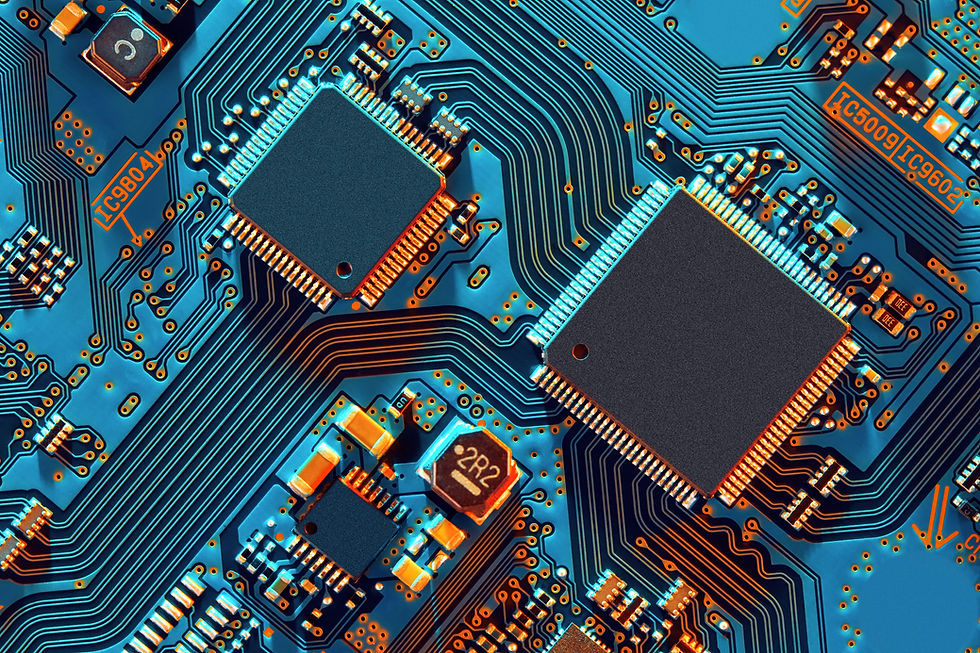BioBanks - Can They Be Both Scientifically Prosperous and Ethically Sound?
- Bhavana Pereira
- Feb 22, 2022
- 2 min read
Updated: Jun 8, 2022
The creation of Biobanks paves the way for unimaginable advancements in human health and maintenance. While criticisms reasonably argue the ethical concerns of patient confidentiality, the possibility of successful patient-focused therapy deems to be a positive opportunity cost. To adhere to ethical scientific stewardship, information confidentiality can be ensured given a strict set of laws overlooking the operations and use of genetic information that companies obtain from willing participants. In addition to its use, the government may opt to tax companies for obtaining said confidential information to establish reasonable data collection and use. By implementing these guidelines and strict supervision of the use of genetic information, the companies can successfully be limited to using this data strictly for the advancement of human health, a factor I believe can shift the premise of this research towards ethical management of private information.
The ability to detect otherwise unforeseen disease and deterioration of humans and their offspring is a utopian concept. With the rapid advancements in science and technology, this concept becomes significantly more attainable. The ability to prevent disease or moderate existing conditions by gaining an understanding of an individual’s genomic composition poses a potent advancement in the medical therapy of human health and fruition. Given the multitude of incurable genetic pathologies despite well-established medical procedures, the basis of this research opens doors for developing crucial treatments and obliterating lifelong concerns among lineages. Diseases such as cancer, multiple sclerosis, and Alzheimers affect the lives of too many people and their families every day; devoting regular enforcement of patient confidentiality appears to be a minor obstacle on this path of achieving the greater good for humanity. For such a significant advancement, the cost to maintain ethical standards should not be a concern.
In regards to maintaining confidentiality, if the participant is granted full disclosure and significant control as to how their information is used, the companies who violate these conditions must be held accountable and face appropriate consequences. The sharing of this information without participant consent must additionally be outlawed such that insurance, housing, and education opportunities cannot be revoked or limited. Just as a doctor or lawyer must adhere to patient/client confidentiality, companies who use patient-approved genomic information must ensure to use this information purely towards scientific research. In the case of scientific discovery and necessary publication, any genetic information must be disclosed having maintained the anonymity of the individual to whom it belongs to prevent discrimination.
There is no necessity to credit the owner with whom a scientific discovery is made through their genomic information - simply the discovery itself. The genetic identity of an individual is no one’s business but their own and those whom they consent to sharing it with. Biobanks must be created with this as its highest priority. Should the patient choose to provide this information anonymously or not, their genomic identity must be handled with utmost care and security. With emphasis on confidentiality and strict rules to enforce this, Biobanks and the research into genomic data pave the way for ineffable discoveries into the sustenance of human health. With proper implementation, I believe the concerns of scientific advancement and ethical consideration can both be satisfied, allowing the creation of biobanks to retain the ability of achieving the greater good for society.



This is definitely one of my topics of concern as we move towards NFT technology and payment. Really insightful takes here, I hope legislators take some of your ideas into account as we move forward in fields of medicine and tech!